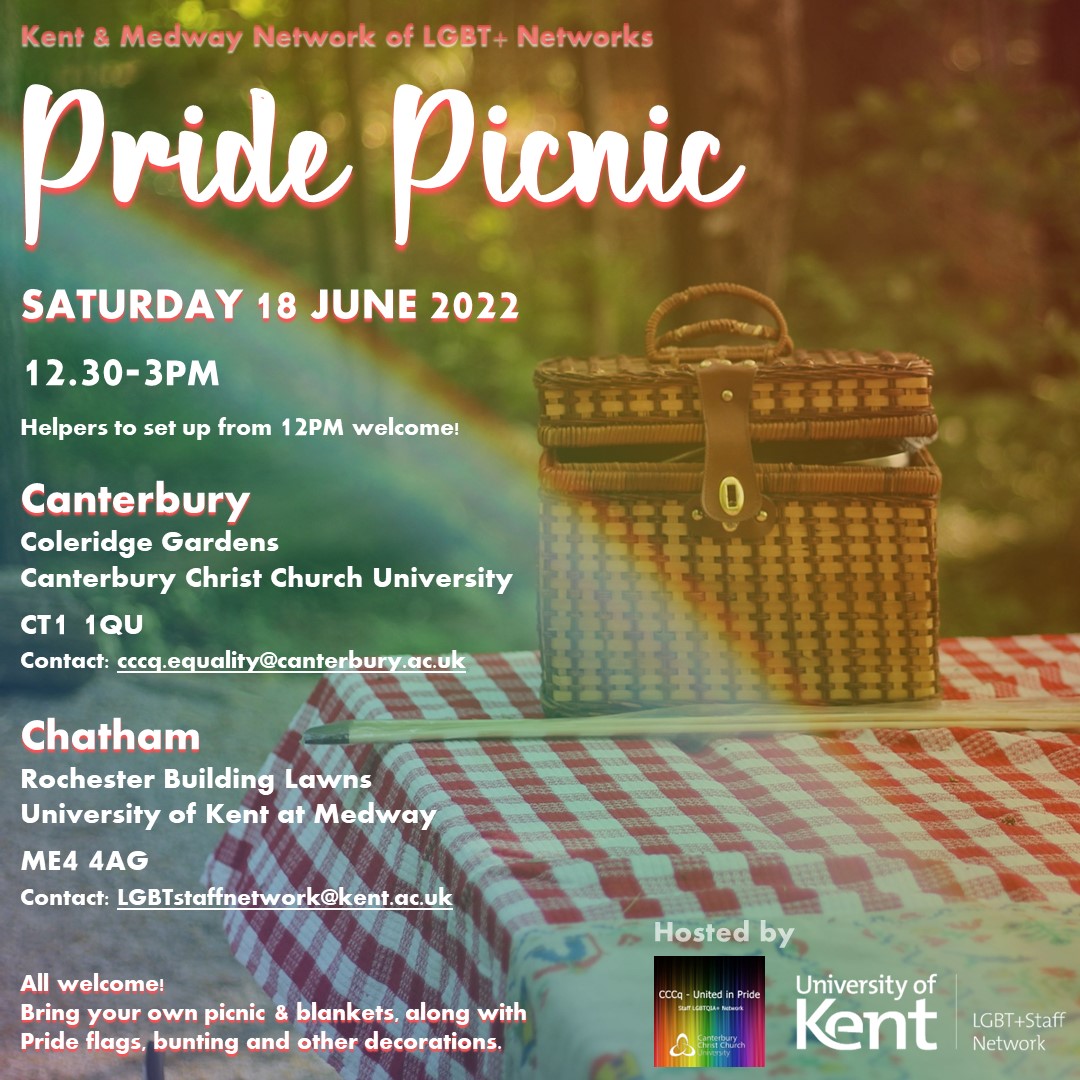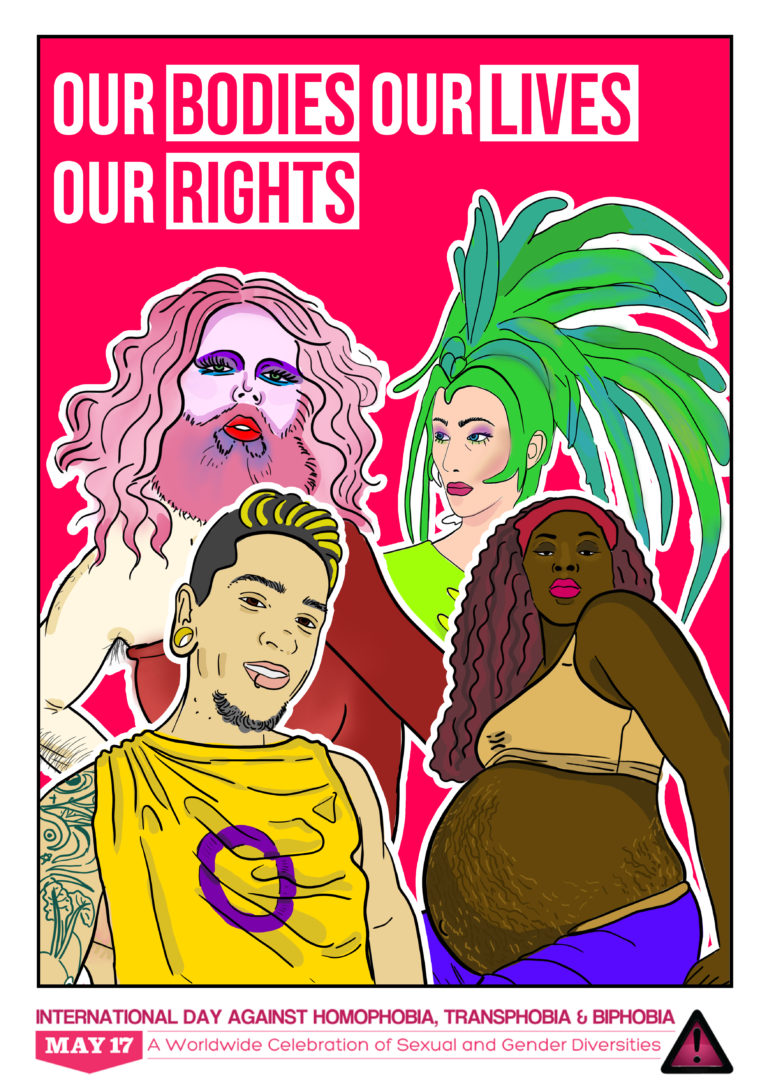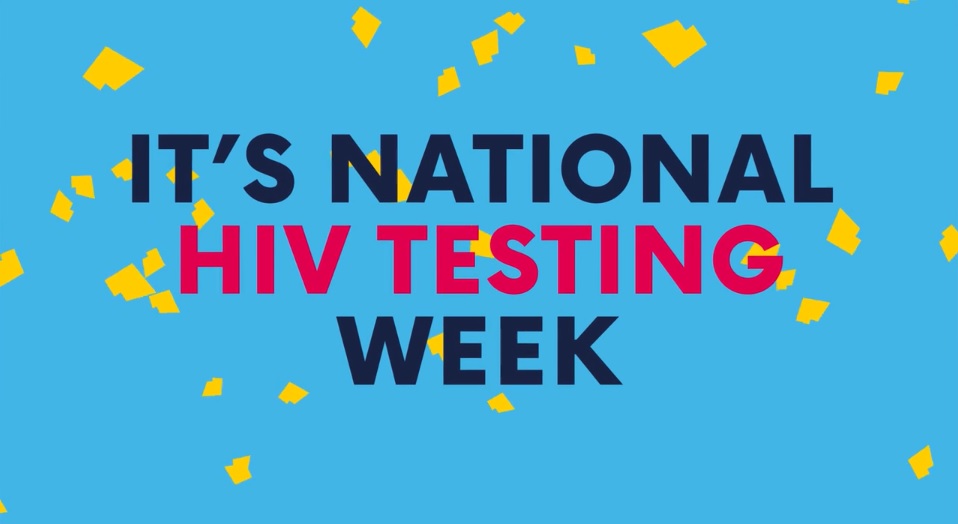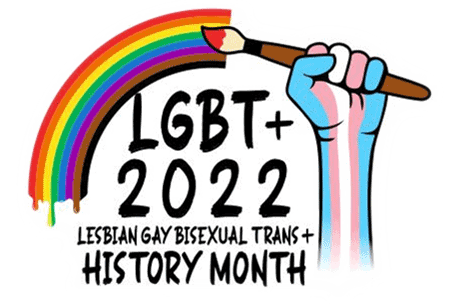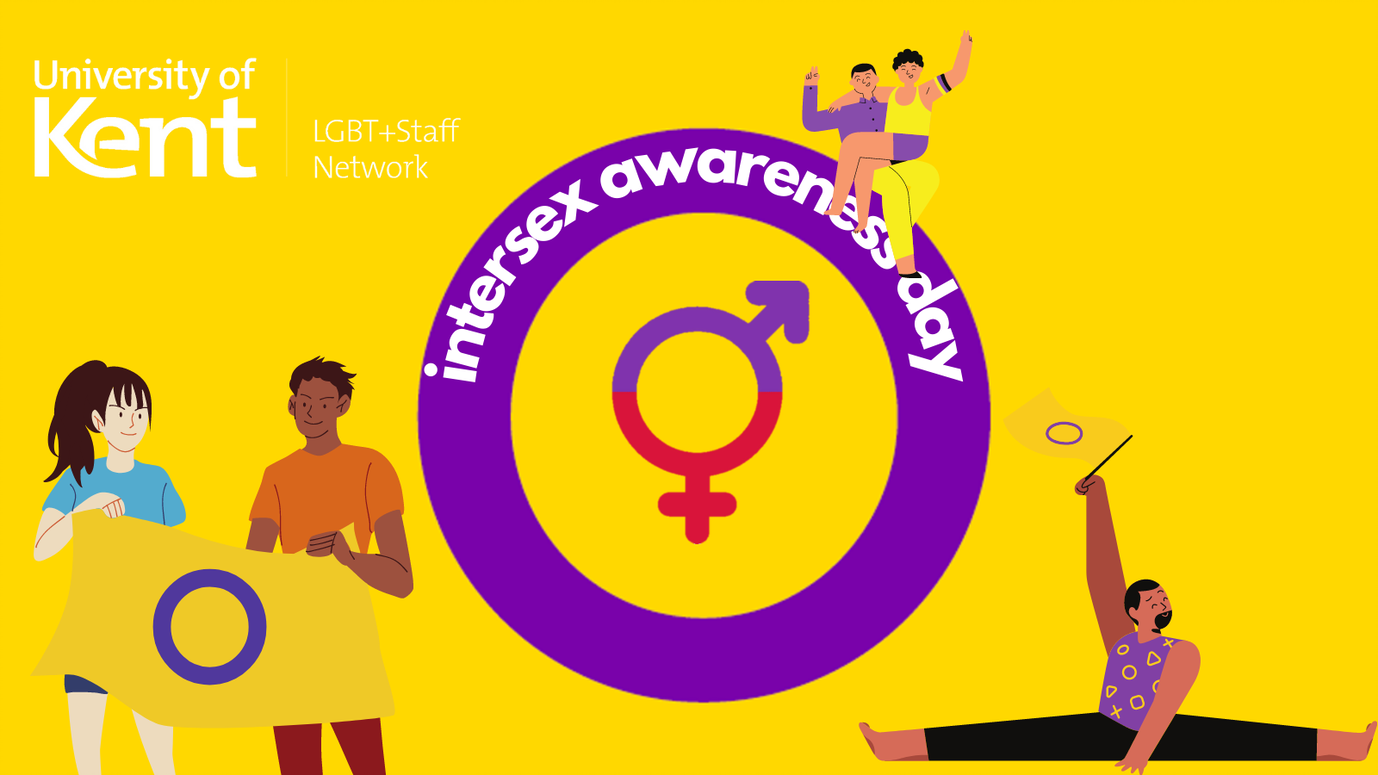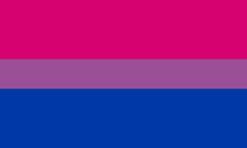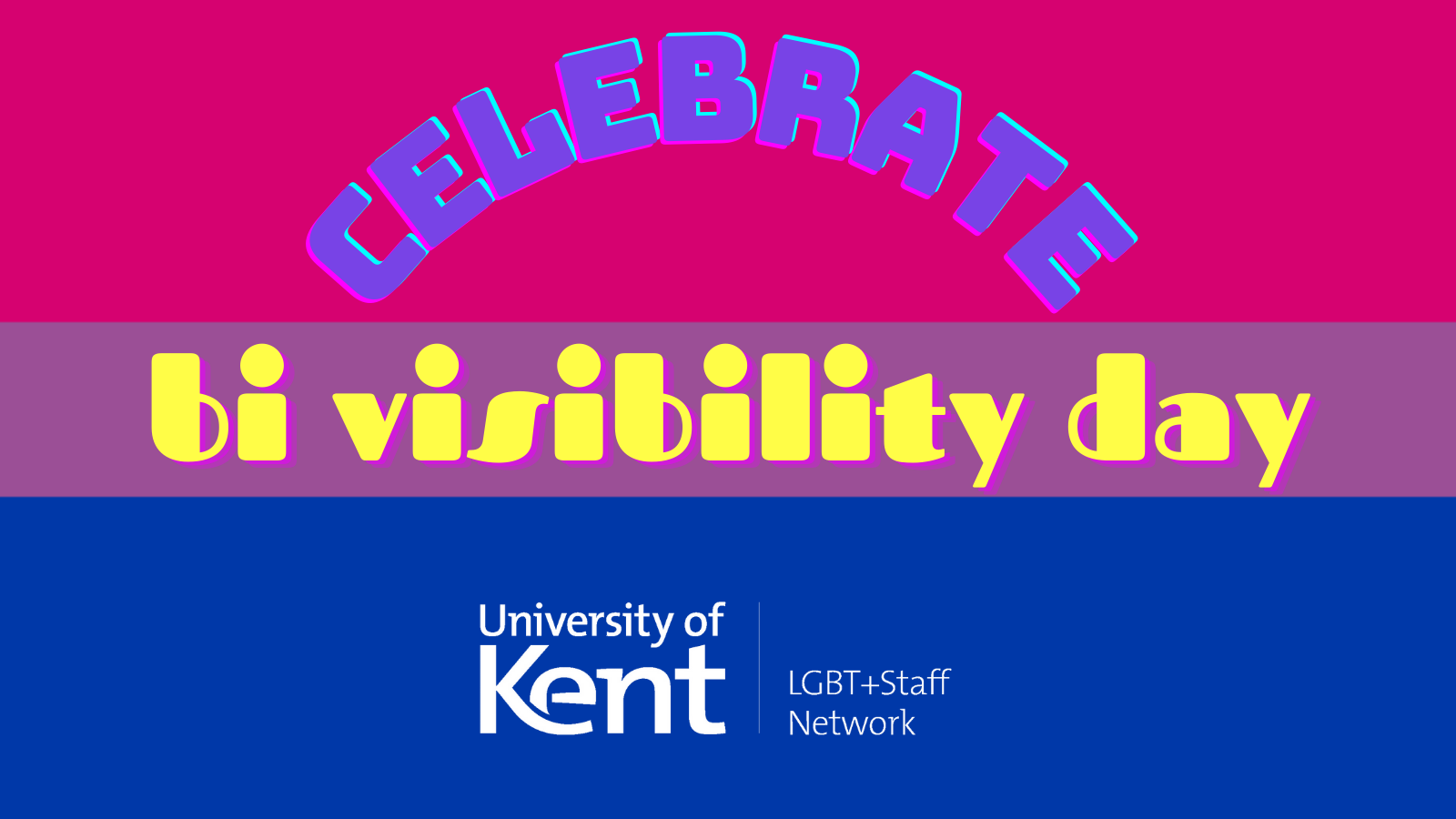
6 Lesbian Women You Really Need to Know About
By Alex Charilaou
Even more so than women more generally, the contributions of lesbian women have been roundly swept from the history books in favour of heterosexual men. Nevertheless, some lesbian women have persisted in making a historical mark, and on Lesbian Day of Visibility we highlight just some of these amazing lesbian women who made the world a better place.
Sappho

Sappho was a Greek poet who famously wrote about women, love and sex. In one poem, she pines for goddess Aphrodite, while in another she compares her muse (a ‘girl’) to a ripening apple and wild hyacinth flower. It is from Sappho that we get the word lesbian: she was born on the Greek island of lesbos.
Sara Josephine Baker
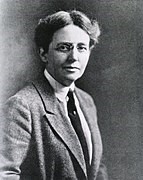
The first woman to earn a public health doctorate from NYU, Baker was a renowned healthcare expert, whose interventions included school health programmes to prevent children becoming infected with dangerous diseases and helping to track down Typhoid Mary. In one year, Baker had single-handedly reduced the infant mortality rate by 39% in New York City.
Jane Addams
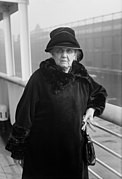
Addams, the first American women to receive the Nobel Peace Prize, was a staunch supporter of women’s suffrage and a key figure in early 20th century anti-imperialist movements. A sociologist by training, Addams was a precise observer of the structures used by the American state to keep minorities and women oppressed, and successfully enabled people to organise and resist, not least through co-founding the American Civil Liberties Union.
Gertrude Stein
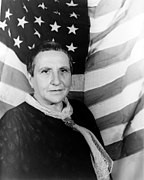
A ground-breaking modernist author, Stein lived with her partner Alice B. Toklas until the end of her life. Her bestselling novel, The Autobiography of Alice B. Toklas, was a memoir written from Toklas’ perspective. Her other famous work, Tender Buttons, was claimed early on by feminist and LGBTQ+ movements as giving voice through language to those who language wasn’t built for.
Audre Lorde
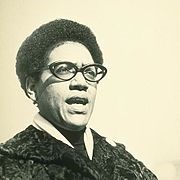
African-American writer Audre Lorde self-identified as a ‘Black lesbian feminist socialist mother of two’, and in her activism as much as her creative work Lorde sought to give a voice to marginalised groups, speaking truth to power in an intersectional way. Check out Lorde’s most famous love poem, Recreation, as well as one of her most combative, hopeful poems, A Litany For Survival.
Johanna Sigurðardóttir
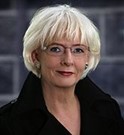
The first openly LGBTQ+ head of government anywhere in the world, Sigurðardóttir put women and LGBTQ+ rights very high up her agenda as the first female prime minster of Iceland. Under her leadership, same-sex marriage was legalised in the country, and she and her partner’s civil union was one of the first to be transferred into marriage.

